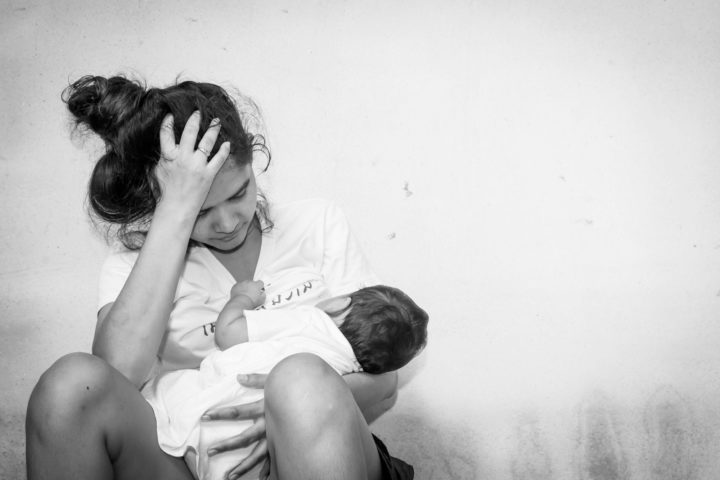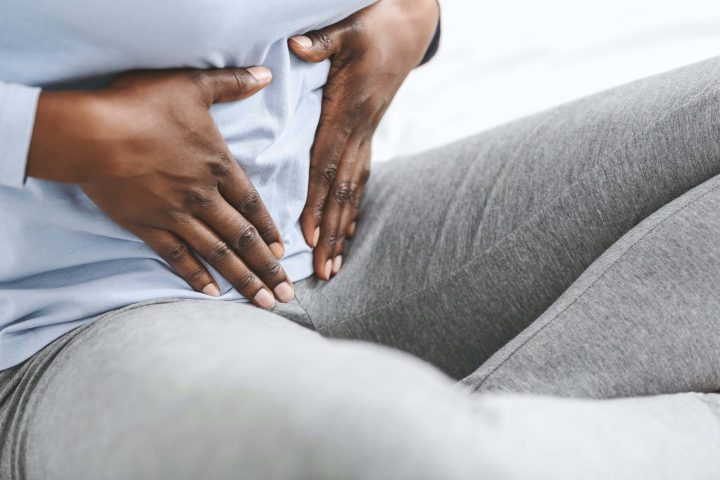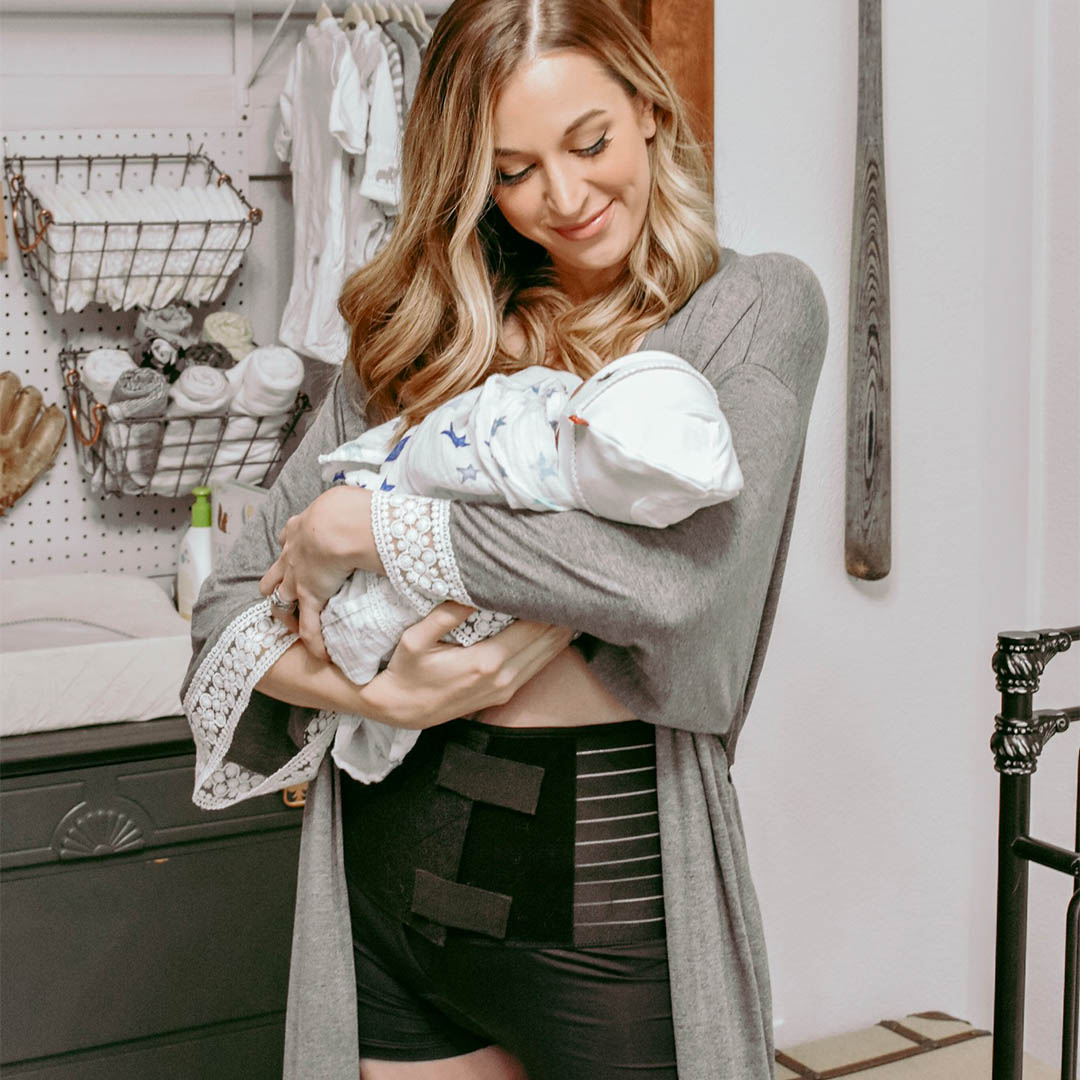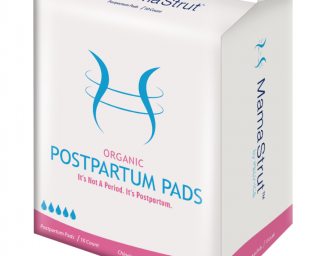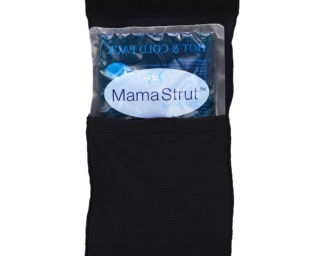 Urination & Bowel movements – Almost all women have some degree of incontinence postpartum—whether it is urine or fecal or both. Pregnancy and birth stretch the connective tissue (pelvic floor) at the base of the bladder and can cause nerve and muscle damage to the bladder or urethra. It is common to leak urine when you cough, strain or laugh in the immediate postpartum period. Also, the swelling or bruising of the tissues surrounding the bladder and urethra can also lead to difficulty urinating. Fearing the sting of urine on the tender perineal area can have the same effect. Difficulty urinating usually resolves on its own. In the meantime, streaming water from a peri-bottle on your vulva, from front to back, while you’re sitting on the toilet to urinate will help.
Urination & Bowel movements – Almost all women have some degree of incontinence postpartum—whether it is urine or fecal or both. Pregnancy and birth stretch the connective tissue (pelvic floor) at the base of the bladder and can cause nerve and muscle damage to the bladder or urethra. It is common to leak urine when you cough, strain or laugh in the immediate postpartum period. Also, the swelling or bruising of the tissues surrounding the bladder and urethra can also lead to difficulty urinating. Fearing the sting of urine on the tender perineal area can have the same effect. Difficulty urinating usually resolves on its own. In the meantime, streaming water from a peri-bottle on your vulva, from front to back, while you’re sitting on the toilet to urinate will help.
Contact your health care provider if you have any signs or symptoms of a urinary tract infection:
- A strong, persistent urge to urinate
- A burning sensation when urinating
- Passing frequent, small amounts of urine
Postpartum pelvic physiotherapy is very helpful in reducing or eliminating incontinence and when used in combination with a pelvic floor support, pressure and strain from gravity and internal swelling on the perineum and pelvic floor soft tissues will be greatly reduced.


